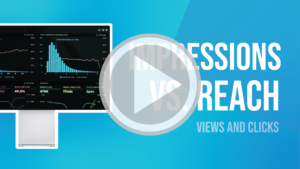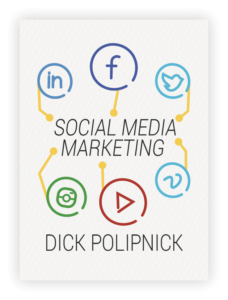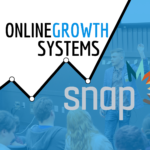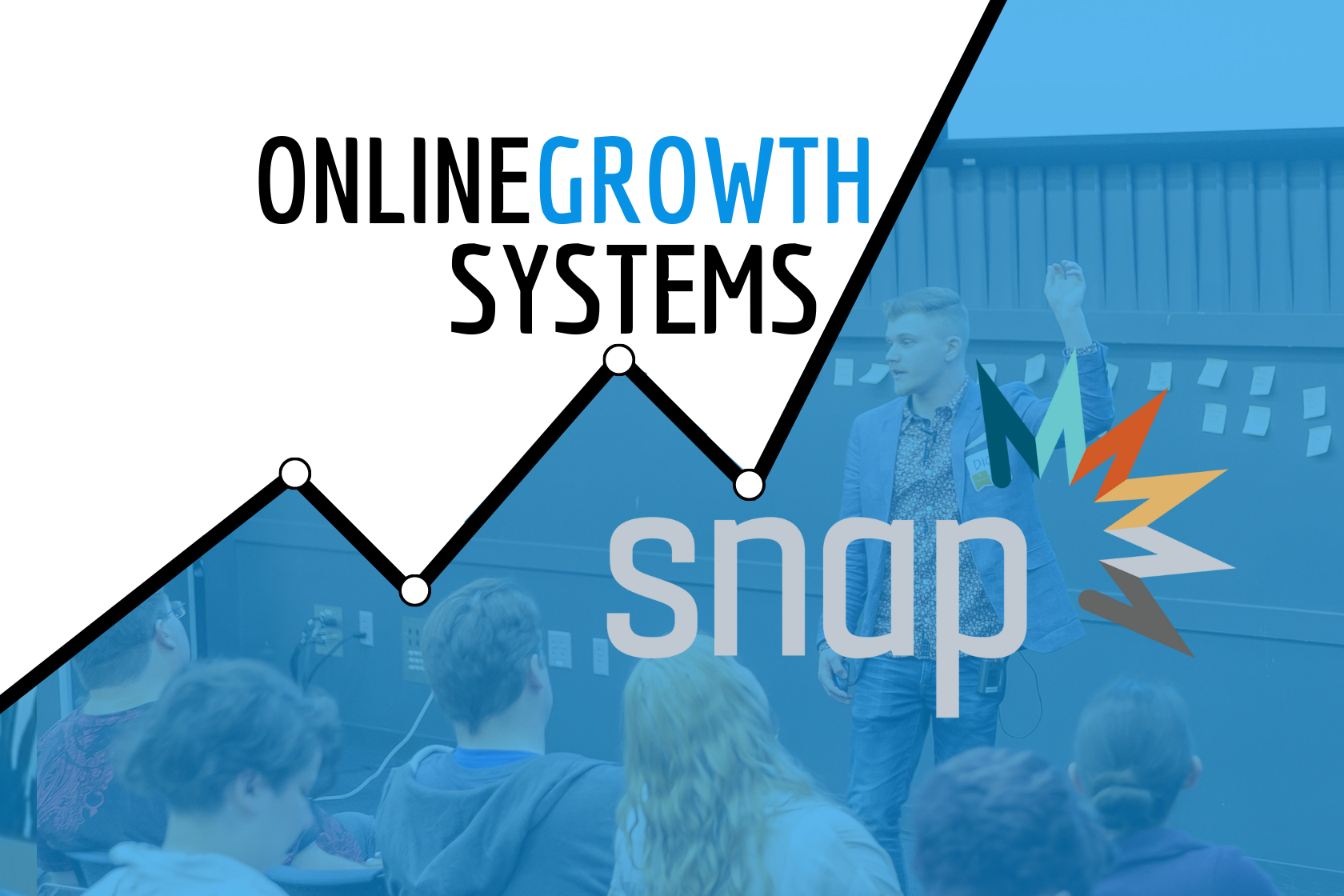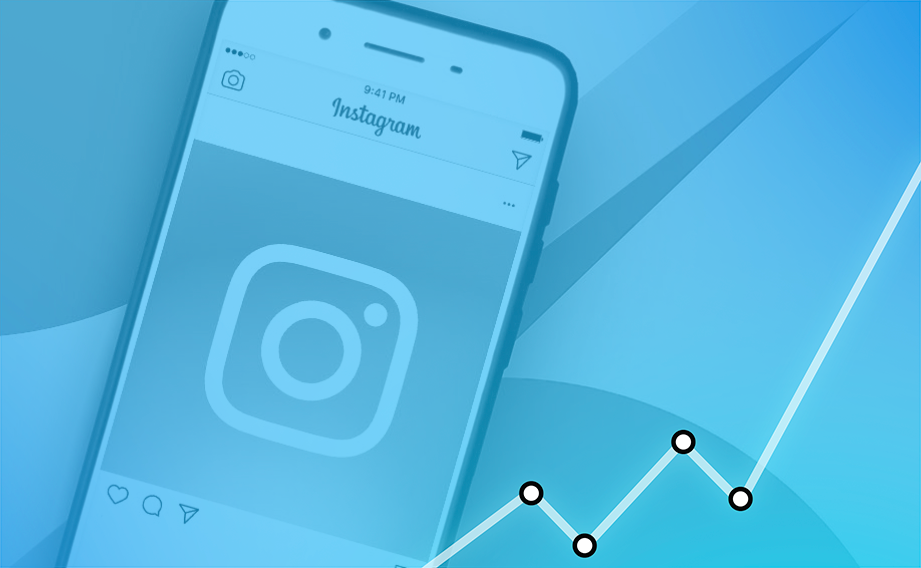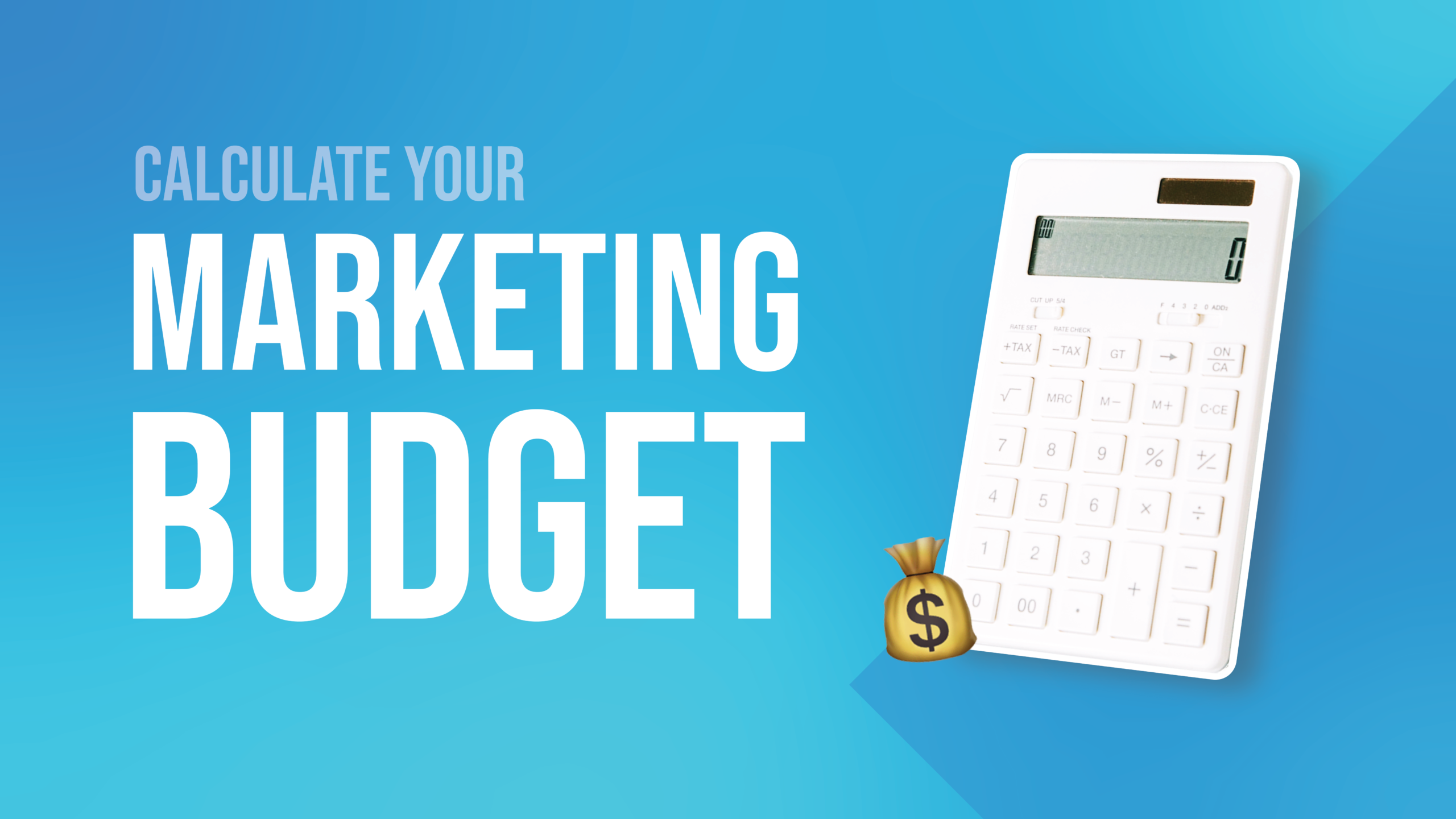There are many ways to gauge effective advertisements, but few are as telling as reach and impressions. In mere seconds, these metrics can provide clarity and conversion to any advertisement’s performance review. So, what are the differences between reach vs impressions, and how can your campaigns benefit?
Key Takeaways
- What the critical differences are between reach and impression metrics,
- How to gauge effective advertisements by comparing metric data, and
- Where to find analytics tools that help track reach and impressions.
🕵🏼♂️ One is not like the other
Although reach and impressions appear to be the same, they have different meanings when it comes to qualifying data. Reach can be defined as how many individuals have seen an advertisement, while impressions purely mean how many views an advertisement has. Therefore, if an advertisement has 1,000 reaches and 5,000 impressions, 1,000 individuals have seen it, but each individual has viewed it an average of 5 times.
🖥 Download the data
When comparing the two pieces of data, calculating a conversion rate becomes quick and easy. When advertising to a user, pay attention to how many times that single user interactes with an ad before purchasing. A well-performing ad should hover around 4-5 impressions per user reached. Don’t worry if your number is higher, many businesses including brick and mortar have a longer conversion process due to the nature of products and services.
⚙️ Automate, then regulate
Not tracking your advertisements yet? Time to get started. There are a wide array of options to track your post and advertisement metrics. We highly recommend always keeping an eye on engagement activity, especially when investing money into ad spend. Below you will find a variety of resources for performance tracking on websites and individual social media platforms.
Instagram:
With the quick and easy setup of a business profile, Instagram allows you to connect a Facebook page (if desired) and track several different metrics of your posts including reach and impressions. Simply go to “edit profile” and select “Switch to business profile”.
Google Analytics:
Google offers a comprehensive solution for tracking traffic and more on your storefront website. Learn more at:
📄 In Conclusion
Tracking the results of your advertisement activity is critical to the success of future sales and ultimately your business. Reach and impressions are similar but have different meanings, where reach is the number of users who have seen a post and impressions are the number of times the post has been viewed. Tracking these metrics can be easy with tools provided by companies like Google, Facebook, and more.
📽️ Watch the Full Video on Youtube
📽️ Watch the Full Video on Youtube
Quotes
“Reach is how many people have seen your post at least once. Impressions is how many times the post has been seen.”
Dick Polipnick
“The same person can see an ad multiple times. You want to know how many times you have to make a connection with them to win a sale.”
Dick Polipnick
“A good target to remember is 4 to 1. If you have 4 times the amount of impressions as you do reach, that means it took an average of 4 times to close that sale. Thats pretty good!.”
Dick Polipnick
“It can depend on the industry. Some professions already have professionals doing part of the advertising work, so it can be more difficult to get a lower ratio.”
Dick Polipnick
About the Host
Dick Polipnick
Founder and CEO of Online Growth Systems
Dick Polipnick is the Founder of Online Growth Systems, a media company that helps big-name brands turn their e-commerce businesses to profit and advises high-growth, venture-backed startups.
The National Federation of Independent Business named him a top “Young Entrepreneur of the Year”, AdFed listed him on “32 Under 32”, and he’s been featured on and collaborated with Business.com, Nickelodeon Studios, World Wide Fund for Nature, Clean Energy Resource, and more.
In addition to being a speaker and an entrepreneur, Dick is the host of The Dick Polipnick Show- where he interviews top 1% achievers and creates digital content including blogs, videos, podcasts, and a newsletter called “The #Growther’s Digest.
Links Mentioned
You May Also Like

